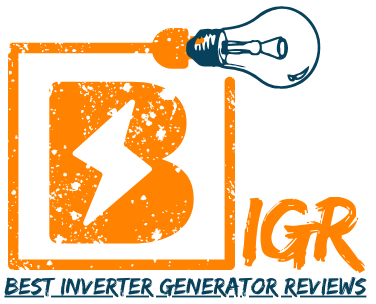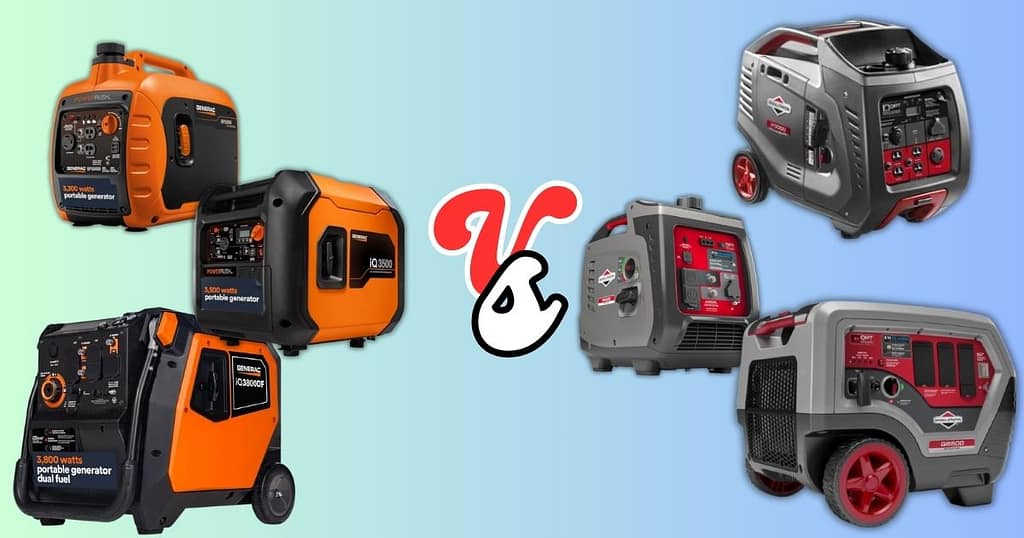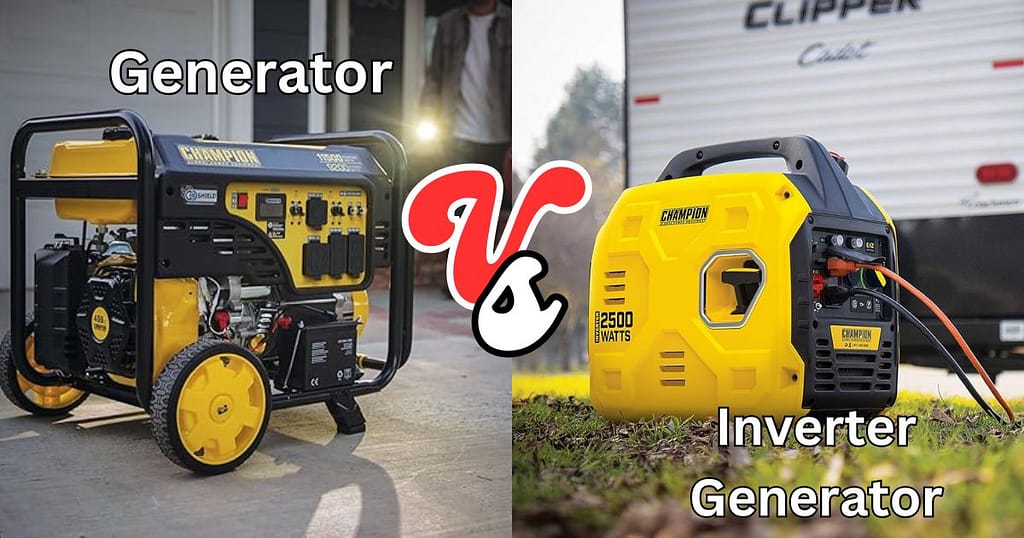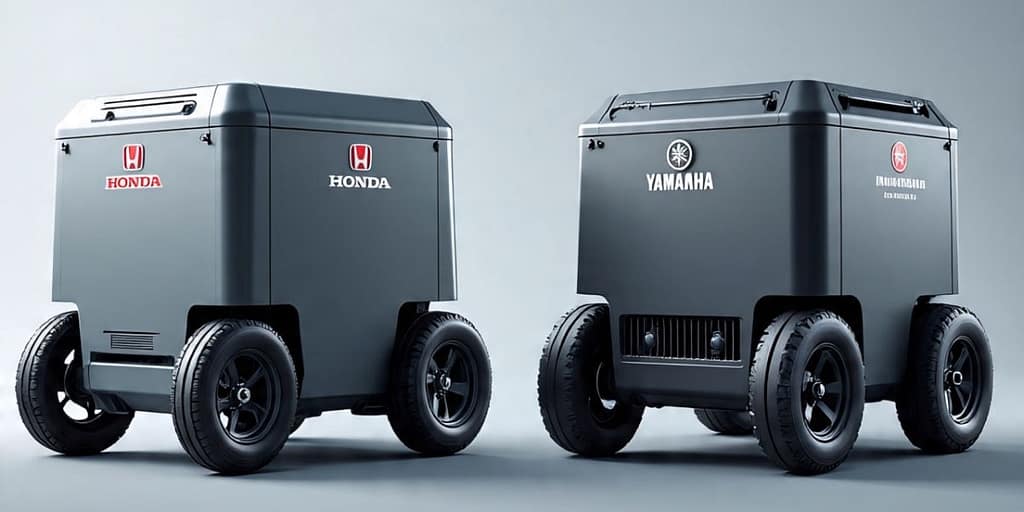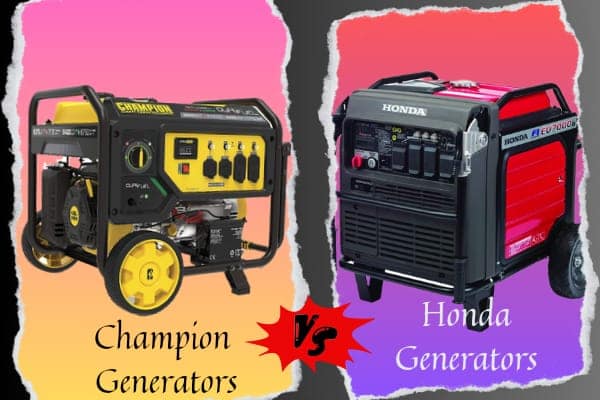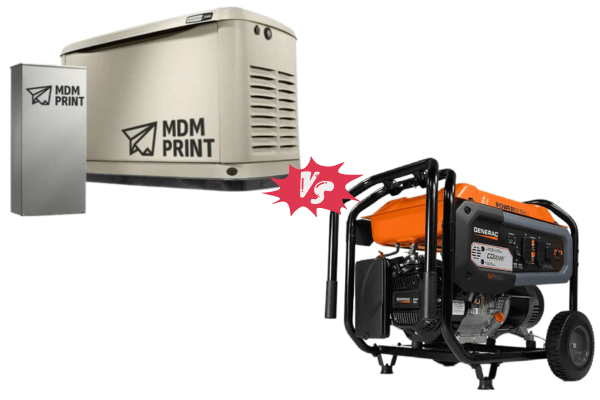If you’re in the market for an inverter generator, chances are you’ve already come across two of the most trusted names in the game—Generac and Briggs & Stratton. Both brands have been around for a long time, and each has its own loyal fan base. I’ve used models from both over the years, and let me tell you, choosing between the two isn’t as simple as picking your favorite color.
In this post, I’ll break down everything I’ve learned through my own research, experience, and feedback from other users. My goal is to help you make an informed decision that matches your needs, whether you’re prepping for a blackout, heading to the campsite, or just want reliable backup power for your tools or RV.
Why Inverter Generators?
Before we get into the battle of Generac vs. Briggs & Stratton, let’s quickly touch on why inverter generators are a big deal. Unlike conventional generators, inverter models provide clean, stable power that’s safe for sensitive electronics like laptops, smartphones, and even CPAP machines. They’re also quieter, more fuel-efficient, and typically lighter and more portable.
If you value peace and quiet (who doesn’t?), an inverter generator is worth the extra investment.
Brand Overview
Generac
Since its establishment in 1959, Generac has remained a cornerstone of the power generation sector. They’re especially well-known for their home standby generators, but they’ve also made a strong push into the inverter generator market. One thing I’ve always liked about Generac is their innovation—they’re not afraid to experiment and improve.
Generac inverter generators are often packed with features like COsense technology (for carbon monoxide safety), TruePower™ technology for clean power, and intuitive control panels.
Briggs & Stratton
Briggs & Stratton is another name that carries serious weight, especially in lawn equipment and small engines. They’ve been around since 1908, so they know a thing or two about durability and engine performance. Their inverter generators lean more toward rugged, reliable power—the kind you can toss in the truck bed and trust to start when you need it most.
I’ve found their designs to be straightforward and no-nonsense, which is sometimes exactly what you want.
Side-by-Side Comparison: Generac vs Briggs & Stratton Inverter Generators
Let’s break down these brands across some key areas:
1. Power Output & Range
Both brands offer a variety of inverter generator sizes to suit different needs.
- Generac: Their inverter lineup includes models like the iQ3500 (3,500-watt peak) and GP2200i (2,200-watt peak). These are great for home use, tailgating, or small job sites. The iQ3500 is especially popular because it packs a punch in a relatively compact frame.
- Briggs & Stratton: Models like the P2400 and Q6500 are common choices. The Q6500, in particular, stands out with a whopping 6,500 starting watts, making it one of the most powerful inverters on the market. That’s more than enough to run major appliances or an RV with AC.
Winner: Briggs & Stratton leads the pack when raw power is essential. But for moderate use, Generac holds its own very well.
2. Portability
If you’re like me, you probably value how easy it is to move a generator around—especially for camping or tailgating.
- Generac: The GP2200i is super compact and weighs only 46 pounds. Even the iQ3500, which is more powerful, has a built-in handle and wheels that make it manageable. Read detail review of Generac IQ3500
- Briggs & Stratton: The P2400 matches the Generac 2200i in weight, but the Q6500 tips the scales at nearly 139 pounds—though its built-in wheels and retractable handle improve portability.
Winner: Generac, for lighter models and better ergonomics. Briggs offers portability too, but it’s a bit bulkier overall.
3. Noise Levels
Noise is a dealbreaker for many people—and I get it. No one wants to hear a lawnmower engine while trying to enjoy nature.
- Generac: Generac’s iQ3500 model sets itself apart through exceptionally low noise output, measuring between 45 and 50 decibels under light (25%) load conditions. It’s surprisingly hushed for the power it provides.
- Briggs & Stratton: Their P2400 runs around 58 dB, which is quiet enough but not class-leading. The Q6500 is louder due to its size and output, averaging around 66 dB.
Winner: Generac, hands down. Their noise control is excellent.
4. Fuel Efficiency & Runtime
No one likes refueling in the middle of the night, especially when it’s freezing outside or raining.
- Generac: The iQ3500 offers up to 14.1 hours at 25% load. That’s impressive. It also features an “Economy Mode” that adjusts engine speed to save fuel.
- Briggs & Stratton: The P2400 gives around 8 hours at 25% load, and the Q6500 offers a solid 14 hours thanks to its larger fuel tank.
Winner: Tie. Generac wins on smaller models for efficiency, but Briggs & Stratton’s bigger tanks give them the edge in long-haul usage.
5. Technology & Features
Here’s where things get a bit subjective, depending on what features you find valuable.
- Generac: Packed with tech. The iQ3500 has a digital display for runtime, power output, and fuel level. It also has COsense, which shuts the generator off if carbon monoxide builds up. Very smart.
- Briggs & Stratton: Their models are more basic but functional. You still get outlets with circuit protection and parallel capability, but you won’t find as many bells and whistles on the display side.
Winner: Generac, especially if you’re into digital features and safety.
6. Price & Value
Let’s talk money. Both brands are competitively priced, but there are some key differences.
- Generac: Slightly more expensive, particularly with the iQ series, but you’re paying for lower noise and better tech.
- Briggs & Stratton: Briggs & Stratton models typically offer better value for comparable power output. The Q6500 stands out as an economical choice for those needing higher capacity without breaking the bank.
Winner: Briggs & Stratton delivers superior cost efficiency, while Generac justifies its premium pricing with enhanced features.
Real-World Use Cases
For Outdoor Adventures
The Generac GP2200i and Briggs & Stratton P2400 are both excellent choices for camping and tailgating.
While both offer portable convenience, the Generac model operates more quietly and includes superior technological features.
Home Emergency Power Solutions
The Generac iQ3500 delivers reliable performance with minimal noise disruption.
For households requiring greater capacity, the Briggs & Stratton Q6500 can handle multiple large appliances simultaneously.
Commercial and Heavy-Duty Needs
The Briggs & Stratton Q6500 stands out for demanding job sites with its robust power output and durable construction.
Protection Plans & Customer Care
Generac provides residential customers with a comprehensive 3-year limited warranty.
Briggs & Stratton offers comparable coverage, with warranty terms ranging from 2-3 years depending on the specific model.
From my professional observations, both manufacturers provide satisfactory support, though Generac tends to offer slightly faster response times for U.S. customers.
Making Your Decision
Ultimately, both brands produce high-quality inverter generators – the best choice depends on your specific requirements.
Generac shines when you prioritize:
• Ultra-quiet performance
• Advanced technological integrations
• Contemporary styling
Briggs & Stratton excels when you need:
• Maximum power at competitive pricing
• Industrial-grade durability
• Willing to accept slightly louder operation
In my professional opinion, Generac is ideal for recreational and residential use, while Briggs & Stratton better serves heavy-power applications. Both represent trusted names with proven track records in power generation.
Share Your Experience
Have you operated either of these generator brands? I welcome your insights and personal experiences – feel free to share in the comments or contact me directly.
If you need personalized recommendations, I’m happy to provide guidance based on your specific power requirements.
Wishing you reliable energy solutions and safe operation in all your power needs!
